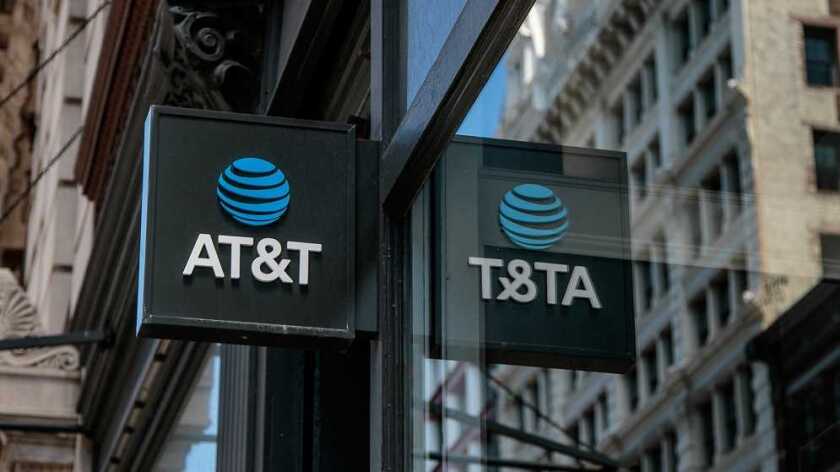Specifically, the claim alleges that three executives, Christopher Womack, Michael Black, and Kent Evan, disclosed the confidential information to analysts to avoid falling short of quarterly expectations back in 2016.
According to reports, the company learned back in March 2016 that an unexpected shortfall in smartphone sales would result in the telco missing its analysts’ targets. In response, it is alleged that the company’s CFO directed the aforementioned investor relations employees to “work the analysts” to get them to lower their projections.
Womack, Black and Evan are said to have shared private, one-on-one phone calls to analysts involving roughly 20 firms, disclosing material confidential information, a breach of US securities laws.
As a result, the SEC claims that analysts lowered their market forecasts, leading to AT&T to be able to report ‘better-than-expected’ revenue during it quarterly results in April 2016. According to Reuters, the company saw a its share price increased to 1.7% the day its quarterly report was published.
AT&T strongly denies these claims saying, “after spending four years investigating this matter, the SEC does not cite a single witness involved in any of these analyst calls who believes that material non-public information was conveyed to them”.
According to the company the information shared during the conversations in March and April 2016 were about the industry-wide phase-out of subsidy programs for new smartphone purchases.
“Not only did AT&T publicly disclose this trend on multiple occasions before the analyst calls in question, but AT&T also made clear that the declining phone sales had no material impact on its earnings,” it said in a statement.
Now AT&T says it is looking “forward to having our "day in court" to demonstrate conclusively that our investor relations employees complied with Regulation FD, and that the allegations in the SEC's complaints are meritless”.






